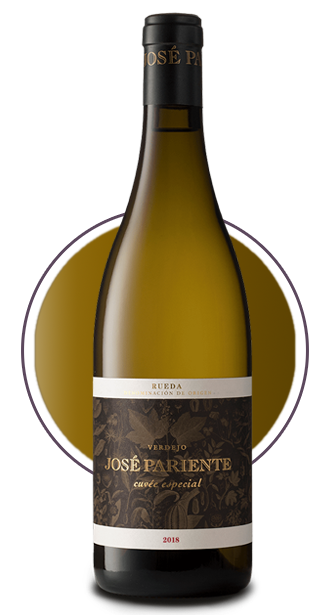2021
SUSTAINABLE WINE TASTING

The career for the vineyard indutry process has arrive to the limit. By oversimplifying soil management by applying herbicides, terroirs have been destroyed.
Moreover, by also simplifying the pruning of vines and their grafting through mechanisation, this has led to an early mortality of vines before the age of 25 years, when many argue that it is only after 20 years that sufficiently rooted vines produce terroir wines.
Faced with international competition, more and more winemakers are changing traditional habits and moving towards sustainable viticulture that respects the laws of soil biology and vineyard physiology.
At the tasting, as representatives of the wineries, will be: Jaume Gramona from Bodegas Gramona, Joan Ignasi from Vinyes Domènech, Marta Labanda from Titerok Akaet, Martina Prieto from Bodegas Pariente and Agustín Santolaya from Bodegas Roda.
The tasting will be conducted by Álvaro Ribalta, Spanish Master of Wine, who is a profound connoisseur of this type of wine.
Vi Damfora
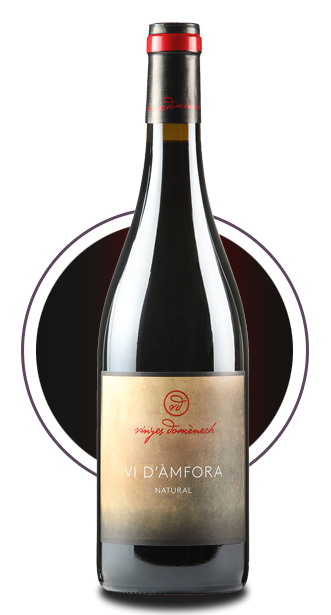
Corimbo I
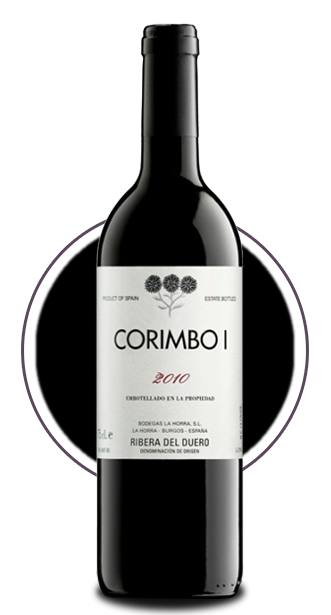
Gramona Argent Rosé
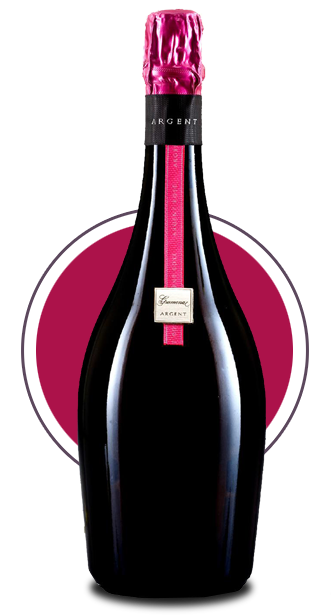
AKAET Valle del Malpaso
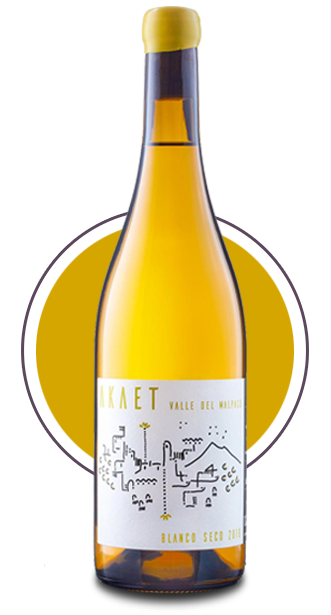
José Pariente Cuvée Especial
